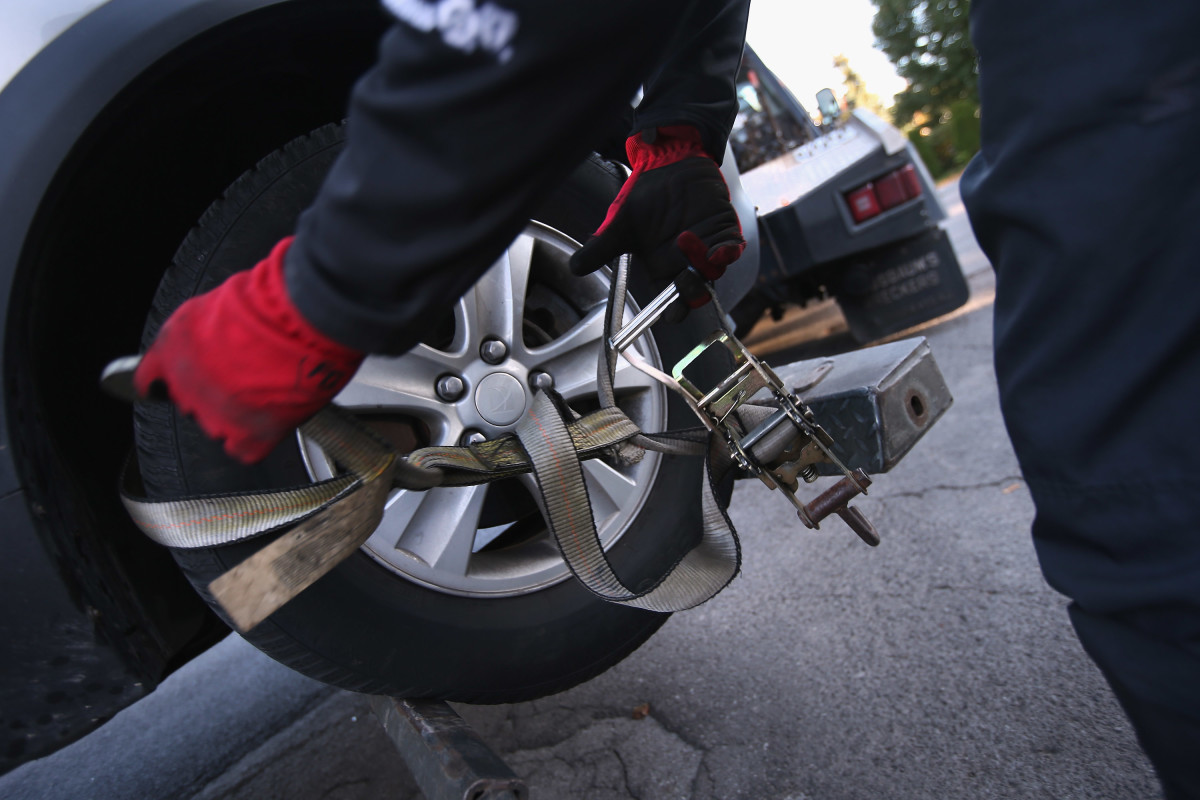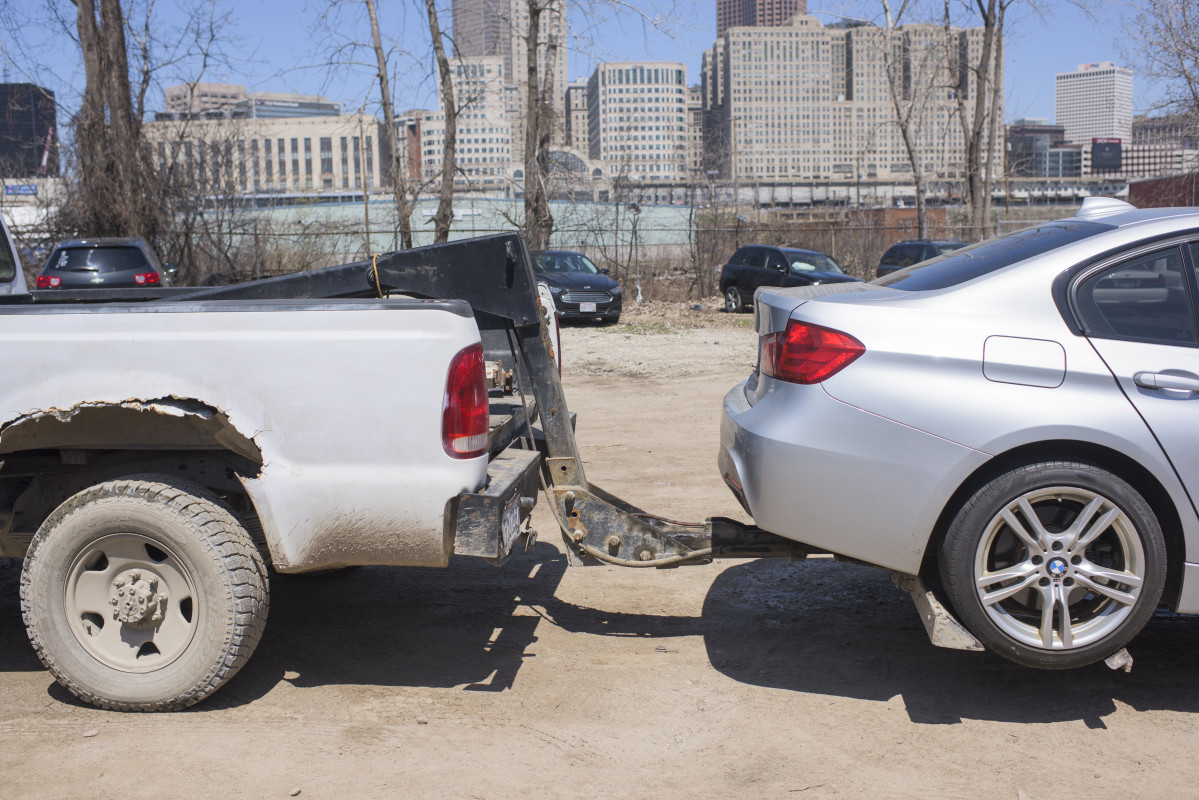
For most Americans, reliable transportation is essential to getting to and from their place of employment, school, or other daily duties.
However, in places where public transportation options like buses or commuter rail lines are scarce, unreliable, or nonexistent, cars are the only mode of transportation.
Cars are a major purchase, but unfortunately, new data from Cox Automotive shows that a major statistic involving some of the most desperate auto buyers is at its peak and exacerbated by the current state of the auto market.

According to Cox, car repossessions surged in the first half of 2024 as more borrowers defaulted on loans taken out on their car purchases.
Cox data shows that car repossessions have increased 23% compared with 2023 data of the same period. The unusually high rate of repos started to increase last year but has hit a new high due to a combination of high interest rates and inflation — ballooning car payments to record highs.
Repossession, or vehicle seizure, is usually triggered when a borrower misses three or more months of car payments. Compared to the same period in 2019, car repossessions are up 14%, a figure that has been exacerbated by conditions during the Covid-19 pandemic.
Related: Audi made a huge change that will confuse its biggest fans
During the pandemic, auto lenders were eager to sign up people for car loans at attractive rates as stimulus check-wielding borrowers hit dealership floors. But with interest rates at an all-time high and the economic effects of the pandemic in the rearview mirror, lenders are not as tolerant of delinquent borrowers as before.
According to Edmunds, the average interest rate on an auto loan for a new car is a whopping 7.3%, while the average for used cars on lots is a staggering 11.5%. At these rates, the average American has to pay monthly payments of $740 for new cars and $552 for a used car.
Inflated auto payments are another sign of the increasing cost of living, which results in many Americans having to choose between reliable transportation for themselves and their families, the roofs over their heads, food, and other expenses.
More automotive stories:
- Hyundai pressured dealers to play dirty sales trick, lawsuit alleges
- Ford CEO sends a stern warning for American car buyers
- Analysts have a bleak outlook for car dealers after CDK cyberattack
“When you think about the costs for rent and shelter and insurance, all those things hit consumers and they have to choose what they will pay,” Jeremy Robb, senior director of economic and industry insights at Cox, told Bloomberg. “More people are getting behind on payments because everything is more expensive.”
The current situation is dire for those wanting to get a set of wheels, though cheaper models are prevailing in sales.
According to Kelly Blue Book, the average price of a brand-new car was $46,644 in June 2024, but about 40% of vehicles were sold for below $40,000, and 26% were sold for between $30,000 and $40,000.
On the used side, the average used car was listed for $25,251 in 2024, down $1,700 since the same period last year.
Though prices are trending downwards, not every American car buyer pays in full and in cash. Unfortunately, those buyers will opt for an auto loan, which can put them at risk of the repo man.
Related: Best new cars and SUVs under $30k according to Consumer Reports
Of course, to avoid all this, many will opt to keep their old cars running, which sets a new precedent.
According to data from S&P Global Mobility, the age of the average car, pickup truck and SUV in the U.S. has increased to 12.6 years — rising by two months since last year's record-breaking statistic.
“It’s prohibitively high for a lot of households now,” S&P Global Mobility aftermarket practice lead Todd Campau told the AP. “So I think consumers are being painted into the corner of having to keep the vehicle on the road longer.”
Related: Veteran fund manager sees world of pain coming for stocks







